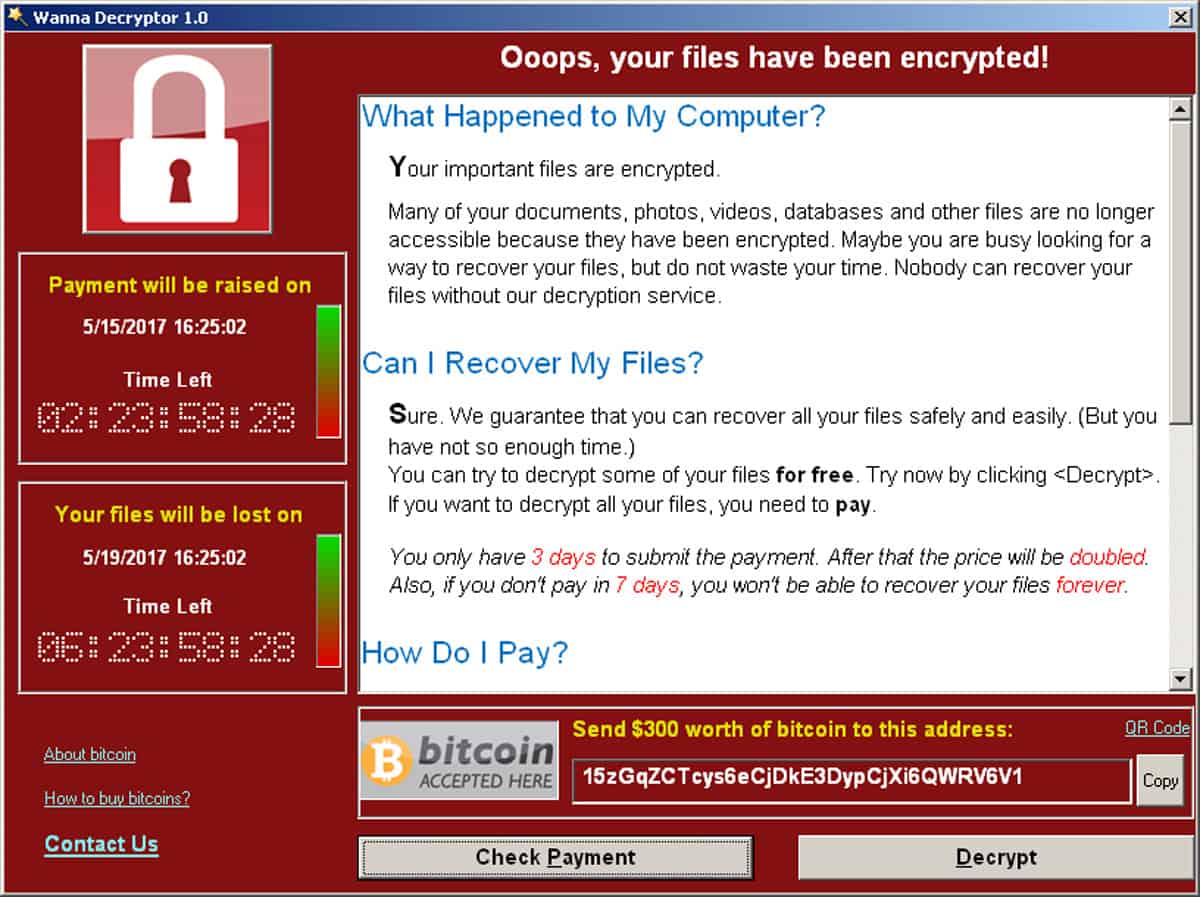If you have some Bitcoin in your wallet – and you live in Brazil – you can attack your country’s electoral infrastructure and bring the public institutions to their knees while people express their anguish as they wait for the results of a critical election to measure the leadership of the current president, deemed the Donald Trump of South America. Last weekend, Brazil had its municipal elections. More than 57,000 new council members were elected (the exact number has not yet been revealed), and the country tried to define whether the electoral gauge was more on the side of the far-right wing led by President Bolsonaro or the left-wing led by the opposition parties. How to Spend 00 Worth of Bitcoin to “Break” The Trust in Your Country’s Electoral System The turn of
Topics:
Felix Mollen considers the following as important: Active, brazil, Crypto Scam, Hacking
This could be interesting, too:
Bilal Hassan writes China Warns Against DeepSeek Crypto Scam
Wayne Jones writes Beyond Hacks: Vitalik Buterin Calls for Wallet Solutions to Address Crypto Loss
Wayne Jones writes CZ Criticizes Safe Wallet’s Post-Mortem on Bybit Hack
Christian Mäder writes SEC Establishes New Cyber and Emerging Technologies Unit (CETU)
If you have some Bitcoin in your wallet – and you live in Brazil – you can attack your country’s electoral infrastructure and bring the public institutions to their knees while people express their anguish as they wait for the results of a critical election to measure the leadership of the current president, deemed the Donald Trump of South America.
Last weekend, Brazil had its municipal elections. More than 57,000 new council members were elected (the exact number has not yet been revealed), and the country tried to define whether the electoral gauge was more on the side of the far-right wing led by President Bolsonaro or the left-wing led by the opposition parties.
How to Spend $1000 Worth of Bitcoin to “Break” The Trust in Your Country’s Electoral System
The turn of events was not as smooth as expected, however. A delay in the vote-counting process – and an unusual silence from public officials – awakened the public’s nervousness, and many went out on social networks to chant fraud.
Esclarecimentos do @TSEjusbr sobre a divulgação dos resultados do 1º turno das #Eleições2020 Confira mais informações na coletiva de imprensa, a começar em alguns instantes. Acompanhe em: https://t.co/5XL3dh4tD1 ? pic.twitter.com/Uw6Afgbimb
— TSE (@TSEjusbr) November 15, 2020
But recently, the Supreme Electoral Tribunal revealed that everything was due to a DDoS attack that affected the normal functioning of the systems. They explained that it was relatively easy to do for an experienced hacker, adding that anyone with $1000 in Bitcoin can order such an attack with relative ease.
This type of attack has become a political protest tactic, with hacking groups like Anonymous targeting government agencies. In the case of Brazil, a political reason is also on the table. This is how Minister Luis Barroso explained it:
Digital militias entered immediately into action, attempting to discredit the system. There is a suspicion that extremist groups are articulating themselves to discredit the institutions, and many of them are being investigated.
What’s a DDoS Attack and Why are Black Hat Hackers Asking For Bitcoin?
A DDoS attack involves using a network of computers to send countless requests to a server, overloading it to the point of collapse. In Brazil’s case, with those $1000, a person could buy an attack of about 30 Gigabits per second for one hour. That’s similar to having 436,000 computers trying to access the servers simultaneously and retrying the request second after second.
DDoS attacks have increased in popularity over the last few months. According to a report by the intelligence company NexusGuard, In the first quarter of 2020, DDoS attacks rose more than 278%. Unfortunately, a large part of their expansion is due to trading ease, especially after the cryptocurrency boom.
Similarly, ransomware attacks have also become popular —growing to almost 1 attack every 10 seconds— as they allow hackers to obtain cryptocurrencies with every victim that falls into their nets. However, if you don’t want to spend your hard-earned bitcoin —specially now that it is super bullish— there are github repositories with a lot of free information about these practices.

Fortunately, no information was lost during the attack, so votes are safe. If only there was a blockchain solution to let people verify the results instead of just trusting the already harmed public institutions…
